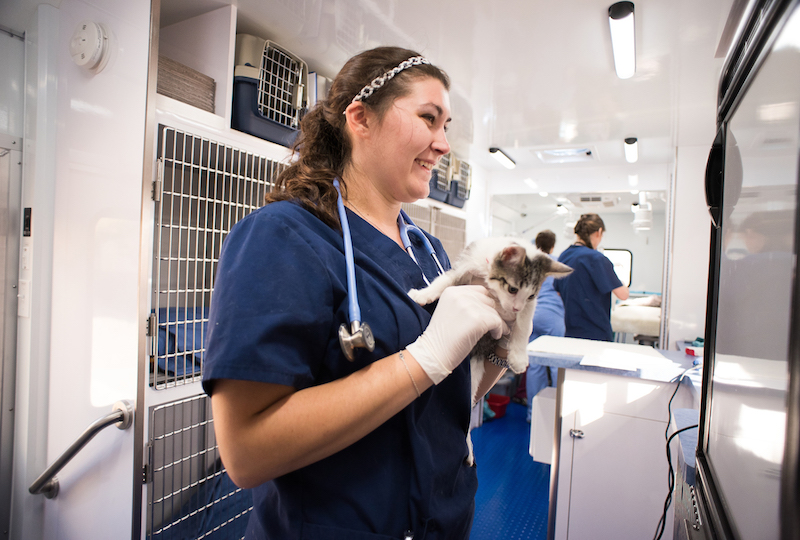
Veterinarian clinics are facilities that offer services for the medical treatment, examination, diagnosis, grooming, and general health care of domestic animals and birds. They provide a range of services, such as vaccinations, blood tests, and spaying or neutering. A veterinary clinic can also serve as an emergency center, providing out-of-hours care for pets with serious or life-threatening conditions that cannot wait for a regular appointment.
During a visit to the vet, a pet owner will typically discuss their animal’s past medical history and current symptoms with the veterinarian. A physical exam will then be performed, and the veterinarian will make a recommendation based on their findings. Depending on the pet, this may include vaccines, testing, surgery, or other treatments.
A full veterinary exam can cost $100-$300, depending on the type of pet and location. Additional costs will be incurred for lab work, which is often necessary to make an accurate diagnosis. If you are unsure about the amount of testing your pet requires, ask your veterinarian before the procedure. They can work with you to find cheaper alternatives without compromising your pet’s health.
Many veterinary clinics offer wellness plans, which are essentially prepaid visits that can cover preventative treatments and some emergency services. These can be an excellent option for those with a limited budget, as they can help you avoid expensive bills in the future. However, these are not a substitute for regular visits and vaccinations.
According to dvm360, a new veterinary clinic can cost between $250-$1,000 per square foot to build. This includes two exam rooms, a waiting room, and offices. This will vary based on location and the size of the facility you wish to have.
While the vet’s primary concern is your pet’s well-being, they must consider your financial situation as well. The cost of care can be a considerable expense for many pet owners, especially if the pet is ill or injured. Many veterinarians offer discounts for low-income clients, including those on public assistance programs such as welfare, disability, or food stamps.
Another cost of running a veterinary clinic is staff and employee retention. Veterinarians, vet techs, receptionists, and kennel attendants all require competitive salaries and benefits to attract and retain quality employees. In addition to this, a veterinary clinic must pay for the lease or mortgage on the building, utilities, and other necessary expenses.
Other veterinary clinic costs can include rent, equipment, and supplies. These can add up quickly, especially if the vet is treating a large number of patients each day. In some cases, veterinarians will have to purchase a specific type of commercial insurance that covers business interruption and other expenses related to unforeseen disasters.
If your pet is suffering from allergies, the veterinarian will likely perform a skin test to determine the type of allergy and make a prescription for medication. In addition, your vet may recommend that you purchase a special diet to help reduce symptoms such as excessive licking and scratching.





